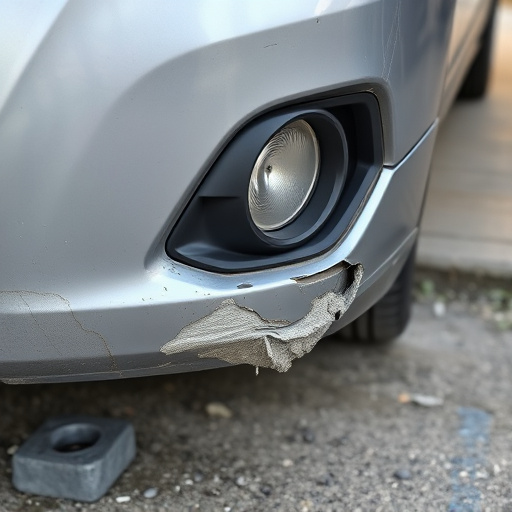Body panel insulation is a vital automotive process enhancing comfort and noise reduction by creating a barrier between exterior and interior panels. It prevents heat transfer and sound transmission, ensuring optimal cabin temperatures and minimizing exterior noise. This technology is crucial for dent repair, preventing future issues and offering advantages like energy efficiency and improved vehicle performance, especially in extreme climates. Advanced materials like acoustic foam and durable rubber/plastic insulators cater to diverse needs, revolutionizing automotive design and passenger experience.
“Enhance your vehicle’s performance and comfort with body panel insulation. This essential component plays a crucial role in both thermal and sound dampening, ensuring optimal driving conditions. In this article, we’ll explore the fundamentals of body panel insulation and how it works. From understanding its thermal insulation properties and associated benefits to delving into sound-dampening materials and their applications, this guide covers all aspects of this game-changer. Discover how to revolutionize your ride today.”
- Understanding Body Panel Insulation: The Basics
- Thermal Insulation: How It Works and Benefits
- Sound Dampening: Material Choices and Applications
Understanding Body Panel Insulation: The Basics

Body panel insulation is a critical component in both automotive manufacturing and customization. It refers to the process of adding thermal and acoustic insulation to car body panels, aiming to enhance passenger comfort and reduce noise levels. This technique involves installing specialized materials between the exterior and interior of a vehicle’s body, effectively creating a barrier that insulates against heat transfer and sound transmission.
In the context of car dent repair and automotive restoration, understanding body panel insulation is essential. After repairs or modifications, ensuring proper insulation can prevent future issues related to thermal discomfort and excessive noise. A well-insulated body panel contributes to a more pleasant driving experience, improving both comfort and safety in various environmental conditions.
Thermal Insulation: How It Works and Benefits

Thermal insulation plays a pivotal role in enhancing the comfort and performance of any vehicle. When applied to body panel insulation, it acts as a barrier, trapping heat within the cabin during colder months and keeping it out during hotter ones. This is achieved through specialized materials that resist heat transfer, ensuring efficient temperature regulation. The benefits are manifold: drivers and passengers enjoy a more comfortable ride year-round, reducing energy consumption for heating or cooling.
Moreover, thermal insulation contributes to improved vehicle overall efficiency. By minimizing heat loss or gain, it lessens the workload on the climate control system, leading to better fuel economy. This is particularly beneficial in regions with extreme climates, where daily temperature fluctuations can be significant. Auto body services that incorporate body panel insulation as part of their offerings cater to these needs, ensuring not just effective sound dampening but also enhanced thermal comfort through innovative solutions, contributing to the overall quality of vehicle bodywork and paintless dent repair processes.
Sound Dampening: Material Choices and Applications

Sound dampening is a critical aspect of automotive design, ensuring passengers enjoy a comfortable and quiet ride. Body panel insulation plays a pivotal role in achieving this by minimizing noise transmission from the exterior to the cabin. When selecting materials for sound dampening applications, several factors come into play.
One popular choice for body panel insulation is acoustic foam, known for its effectiveness in absorbing high-frequency sounds. This material is commonly used in door panels and trunk linings due to its lightweight nature and ease of installation. For more demanding applications, specialized rubber or plastic sound insulators are employed, offering superior durability and resistance to extreme temperatures. These materials are particularly useful in addressing low-frequency noises, such as road and engine vibrations, ensuring a smoother ride. Moreover, with advancements in technology, innovative solutions like paintless dent repair techniques combine cosmetic enhancements with improved sound insulation, providing both visual and auditory benefits for car owners.
Body panel insulation is a game-changer for vehicle performance and comfort. By understanding its role in thermal and sound dampening, car owners can make informed choices to enhance their driving experience. The right materials and applications can significantly improve both interior climate control and noise reduction, ensuring a quieter, more comfortable ride. Incorporating effective body panel insulation is thus a smart step towards optimizing vehicle efficiency and passenger satisfaction.














